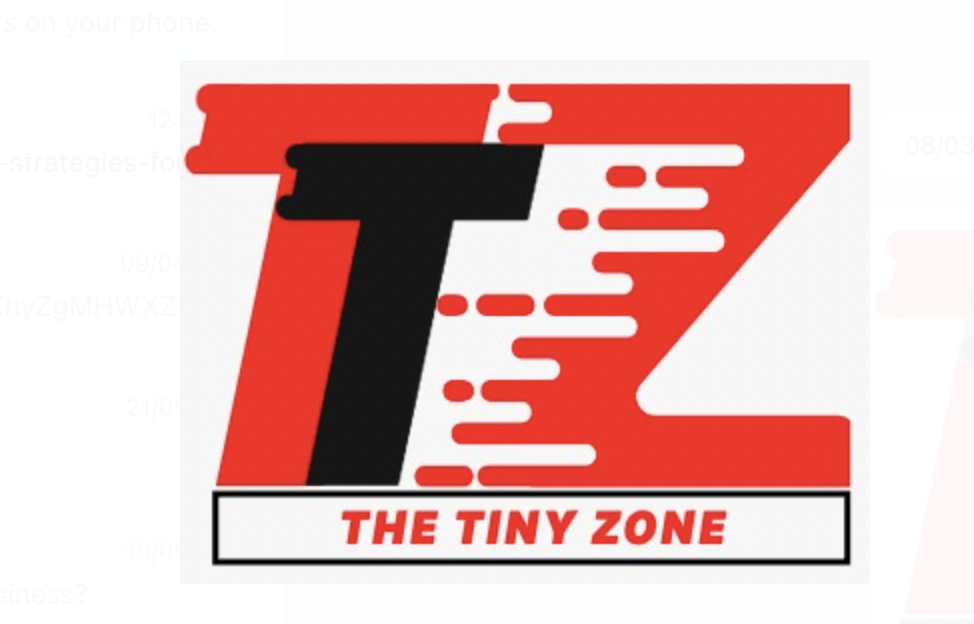In an unpredictable economic climate, many businesses face challenges that test their resilience. From inflation and fluctuating demand to supply chain disruptions, the ability to navigate tough times can make or break a company. Strategic planning, adaptability, and smart financial management are the key to building a business that can survive any economy. Here are some essential steps for business owners who want to future-proof their enterprises, no matter the economic conditions.
1. Diversify Revenue Streams
- One of the most effective ways to shield your business from economic downturns is by diversifying your revenue streams.
- Relying on a single source of income can leave you vulnerable when market conditions change.
- For example, if you’re in retail, you might explore offering online services; if you’re a service-based business, you might look into creating digital products.
- Diversification spreads risk, making it easier for your business to weather fluctuations in one sector without putting the entire operation at risk.
2. Focus on Customer Relationships
In any economy, customers are the lifeblood of your business. Building and maintaining strong relationships with your customers creates a loyal base that can help your business remain stable during tough times. Personalised service, effective communication, and a customer-first mindset go a long way in fostering loyalty. Engaged customers are more likely to return, even when the economy is unstable. Offering exceptional customer service or exclusive deals to long-term clients can also encourage them to stay with your business when faced with financial uncertainty.
3. Implement Cost-Efficiency Measures
Managing costs effectively is crucial in ensuring that your business remains financially viable, especially during lean periods. Regularly reviewing your expenses and cutting unnecessary costs can free up resources for investment in areas that can help your business grow. For instance, reviewing your supplier contracts, renegotiating rent agreements, or switching to more cost-effective operational tools can help you save money. For businesses with a large fleet or transportation needs, exploring the best fuel cards can also significantly reduce fuel expenses, helping you to save money and manage operational costs more effectively.
4. Build a Strong Online Presence
In the digital age, an online presence is no longer optional but necessary. Even if your business operates in a traditional industry, having a strong digital presence can make it easier to attract new customers and maintain connections with existing ones. Whether it’s through social media, a well-designed website, or email marketing campaigns, maintaining visibility online helps you adapt to changing consumer behaviours, such as the increasing trend towards online shopping or virtual services. A business that can be found easily online will be better positioned to survive in a digital-first world, regardless of economic conditions.
5. Stay Agile and Adaptable
No business can afford to remain static, especially in an ever-changing economy. Being able to pivot quickly in response to market shifts or changing customer needs is an invaluable skill. For example, during the COVID-19 pandemic, many companies successfully shifted to remote work models or offered new products and services in response to changing consumer demands. In the face of an economic downturn, being able to adapt quickly can help you stay competitive and seize new opportunities.
6. Build a Strong Network
- Building a network of business partners, mentors, and industry connections can provide valuable support during difficult times.
- A strong network gives you access to new opportunities, insights, and advice that can help you navigate challenges.
- Whether you need advice on managing cash flow, guidance on expanding into new markets, or help with digital transformation, having a network of trusted professionals can provide you with the resources needed to keep your business afloat.
Conclusion
Building a business that can survive in any economy requires strategic planning, cost management, and the ability to adapt quickly. Your business can stay strong regardless of the economic climate by diversifying your revenue streams, focusing on customer relationships, and embracing digital tools. It’s not about avoiding risks but about being prepared for them and taking the necessary steps to mitigate their impact. With the right approach, your business can thrive in any economy.


